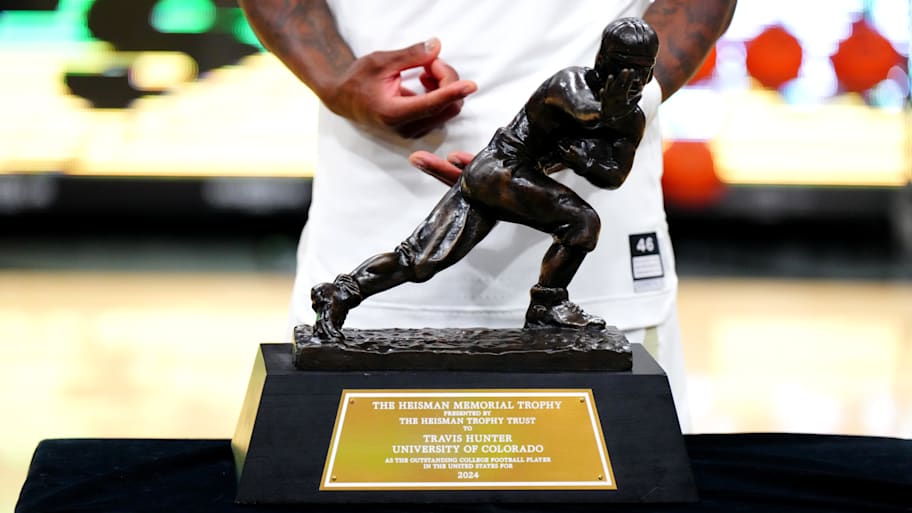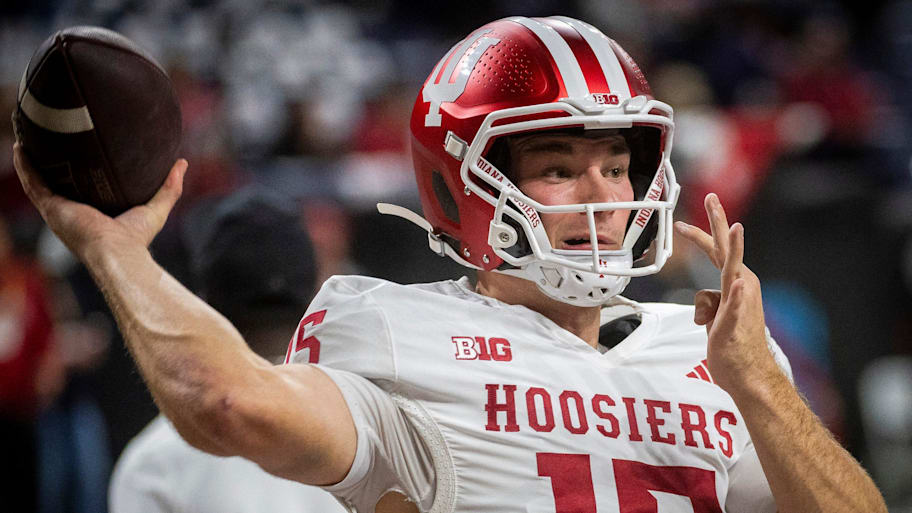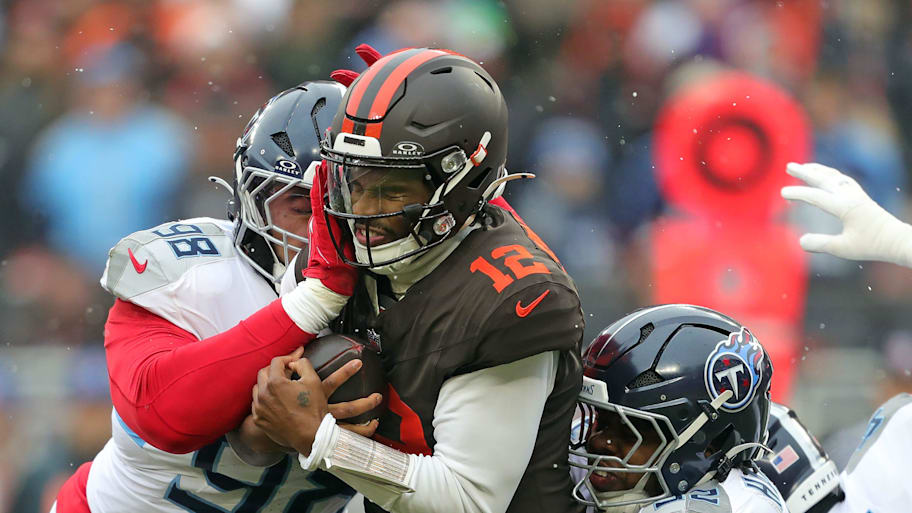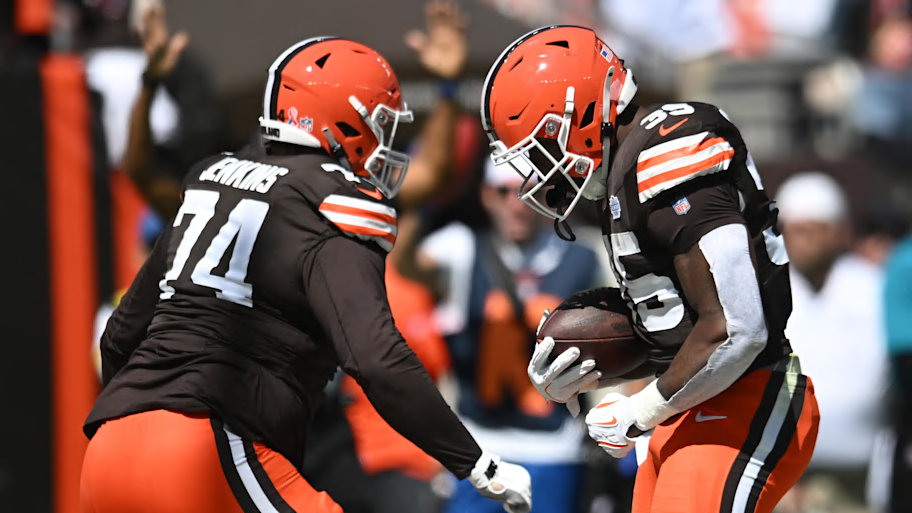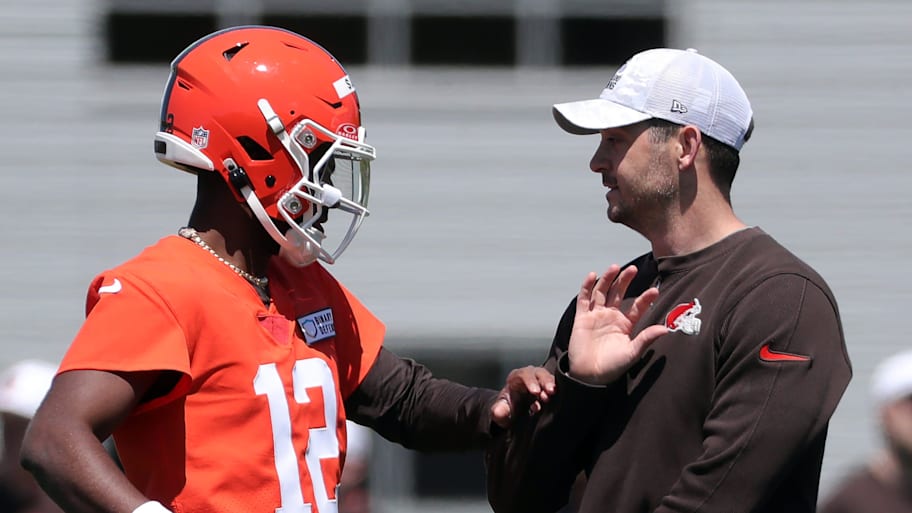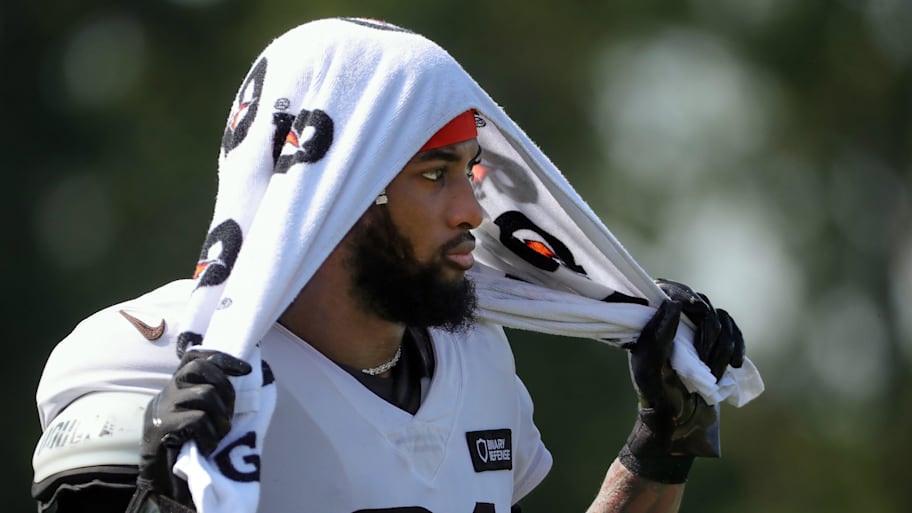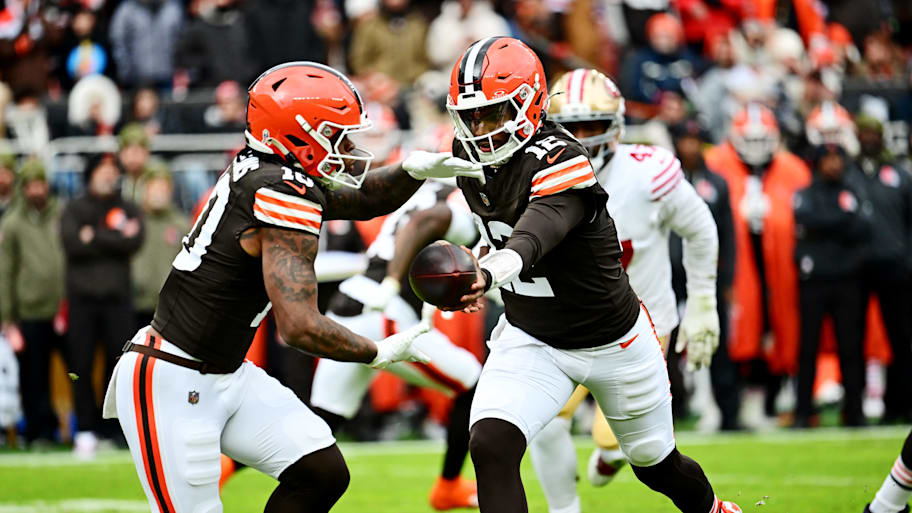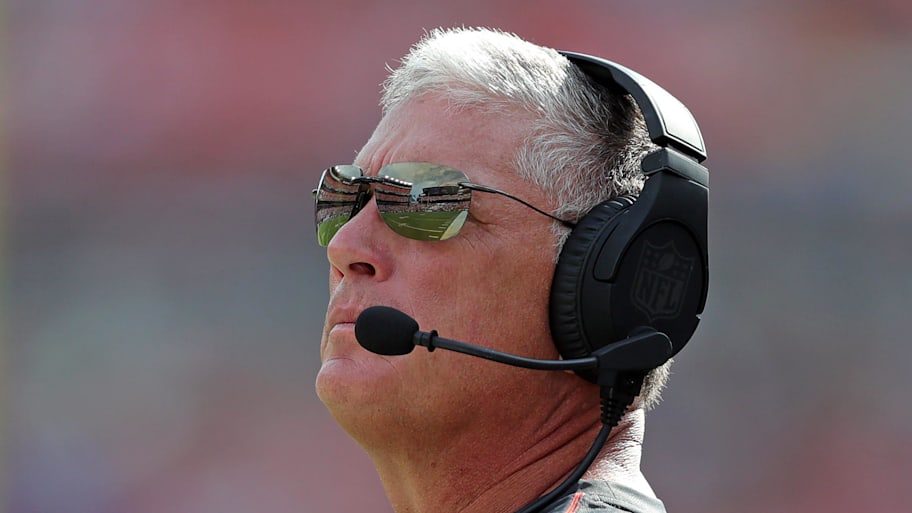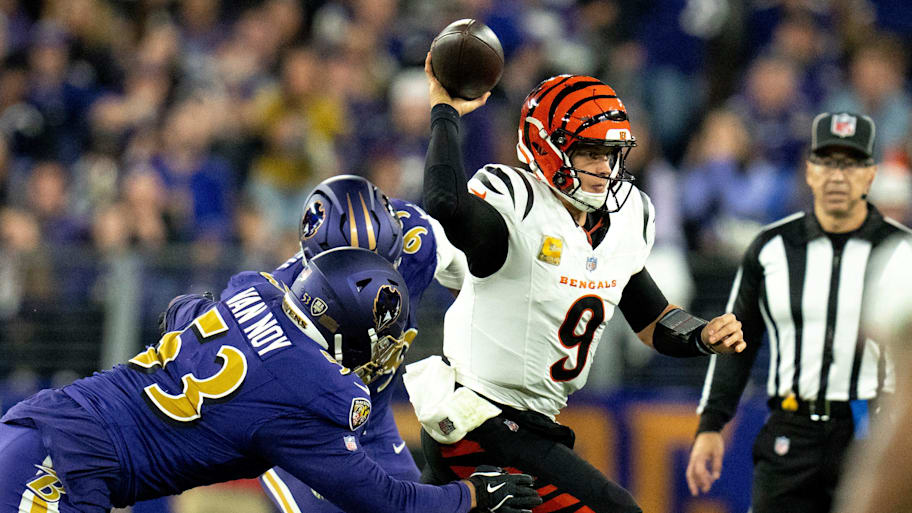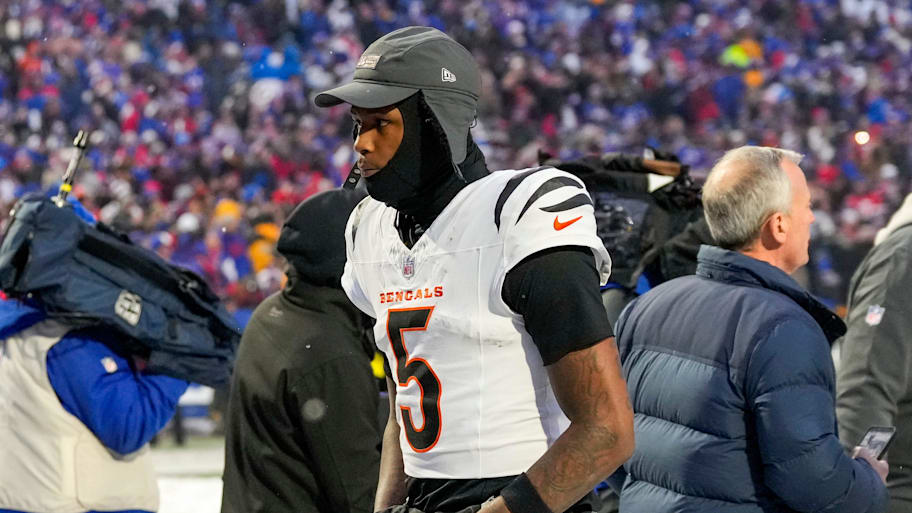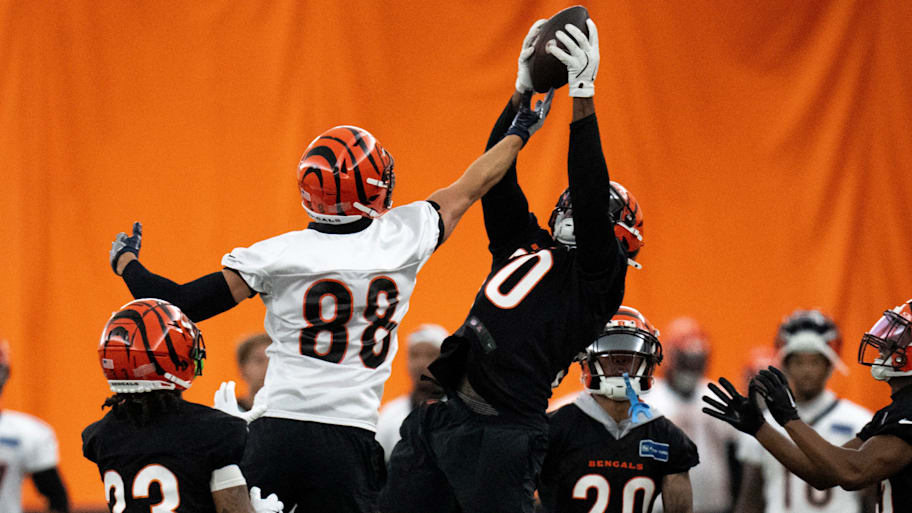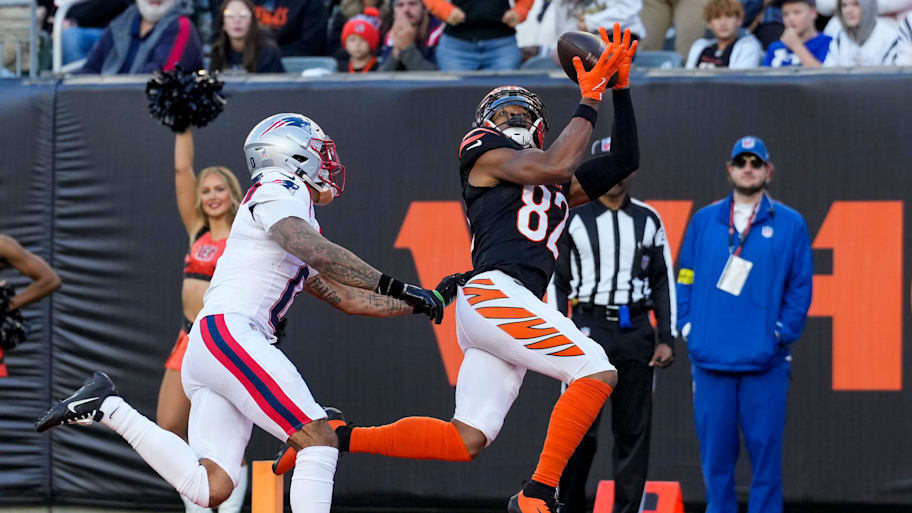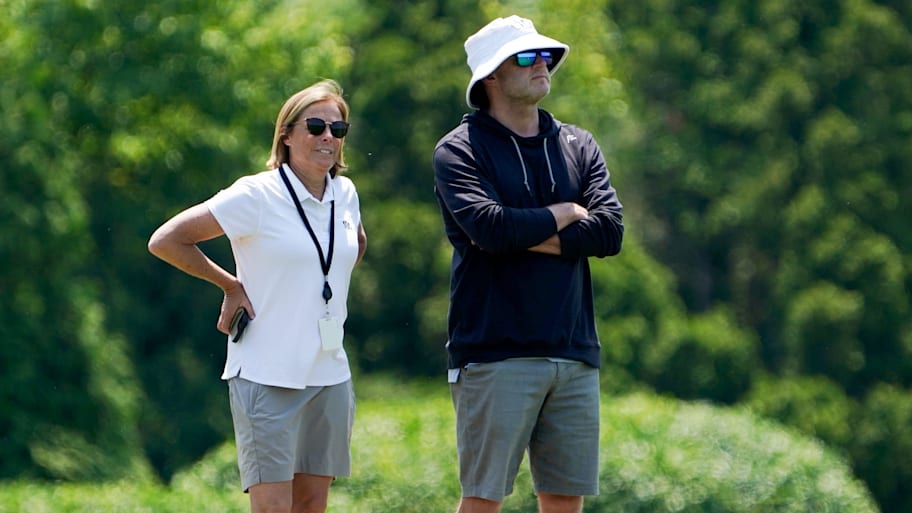COLUMBUS (WCMH) — Thousands of high school football players will hit the field this Friday and while those athletes may have winning on their mind, athletic professionals are thinking about their safety.
Athletic trainers and sports medicine doctors are taking steps to prevent serious head traumas even before head-to-head contact ever happens.
“Baseline testing gives us a sense before any practice happens, before any impact occurs. It’s a neuropsychological test,” said Dr. John Hedge, with Ohio Health Sports Medicine.
Dr. Hedge is also the physician for Worthington Kilbourne High School, working with hundreds of student athletes every year.
He says freshman and junior athletes take the baseline concussion test during pre-season. Football and women’s soccer are the most common sports with concussion risks.
“The concerning things with girls verses boys is the nature of muscle strength. With headers and collisions in the field and with the goal post, girls tend to not have that strong neck muscle,” Hedge says.
Dan Sabo, head athletic trainer at Worthington Kilbourne High School, says the athletic department has tested over 260 student-athletes so far this school year.
The test is called ImPACT, and it is also used in the National Football League. Athletes answer a series of questions on a computer involving memory skills, concentration and problem solving.
“It is crucial really to the diagnoses and treatment of a concussion,” says Sabo. “To have a relationship with the athlete pre-concussion you can kind of get a gauge of where they are if you see any difference in their mood or attitude.”
According to The Centers for Disease Control and Prevention, 5-10 percent of athletes will experience a concussion in any given sport this season.
Although Worthington Kilbourne doesn’t require athletes to get baseline tested, athletic trainers highly recommend it.
“Sports are important but your brain is important as well,” says Sabo.








